Malaria is a devastating mosquito-borne disease caused by Plasmodium parasites (Pf). The Pf sporozoite represents a bottleneck in the parasite’s life cycle and is an important target for malaria interventions. The most advanced anti-sporozoite strategies to date, including the World Health Organization-approved RTS,S/AS01 and R21/MM vaccines and monoclonal antibodies (mAbs) developed as clinical products, all […]
Explore Antibody Discovery Articles

Revolutionizing Functional Live Single-Cell Insights with the Beacon® Technology Traditional single cell tools focus on static snapshots from one moment in a cell’s life, telling us what a cell expresses, what genes and proteins are turned on, and what surface markers are present. But they do not show how a cell behaves – they miss the […]
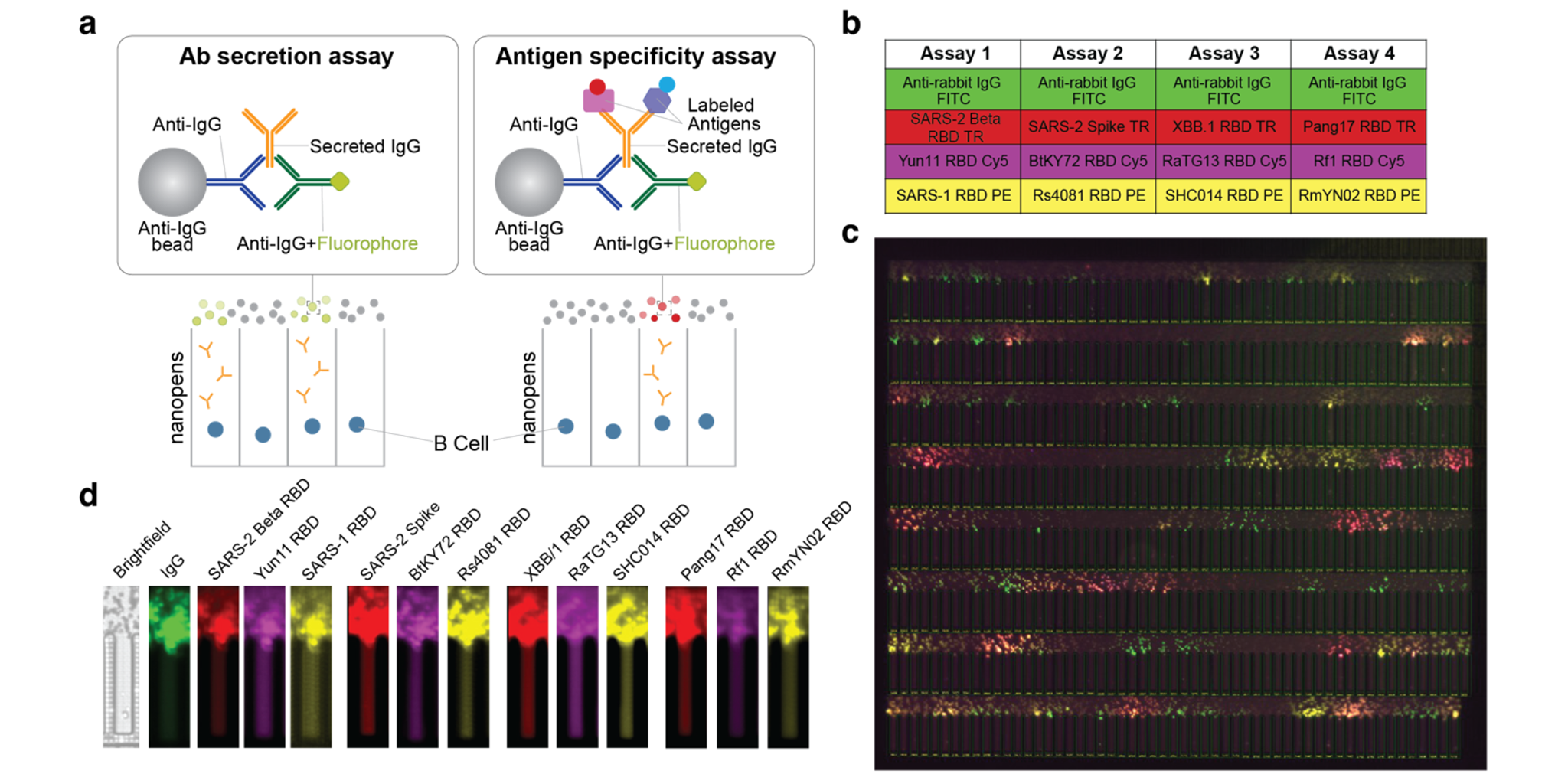
Therapeutic monoclonal antibodies (mAbs) have become less effective against SARS-CoV-2 infections as new variants arise due to point mutations in the spike protein that reduce antibody binding. To induce production of broadly neutralizing antibodies that target a conserved receptor-binding domain (RBD) region, protecting against multiple SARS-CoV-2 variants and zoonotic sarbecoviruses, researchers at the California Institute […]
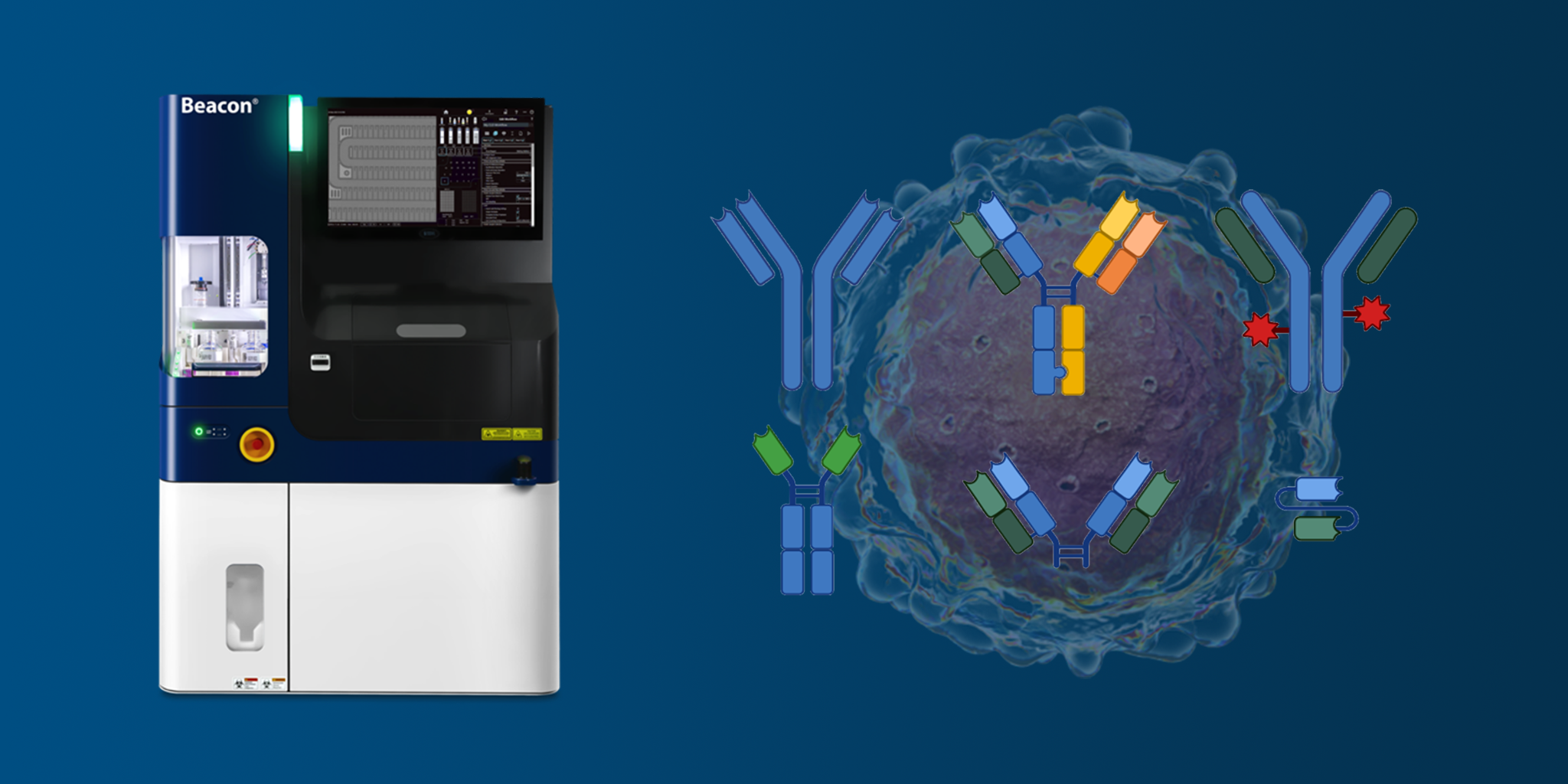
Therapeutic antibodies are transforming medicine, offering precision treatments for cancer, autoimmune diseases, and infections. Recent advancements in antibody discovery and engineering have accelerated the pace of therapeutic development, focusing on approaches such as bispecific antibodies, antibody-drug conjugates (ADCs), and fully humanized antibodies. This blog dives into recent trends and how platforms like the Beacon optofluidic […]
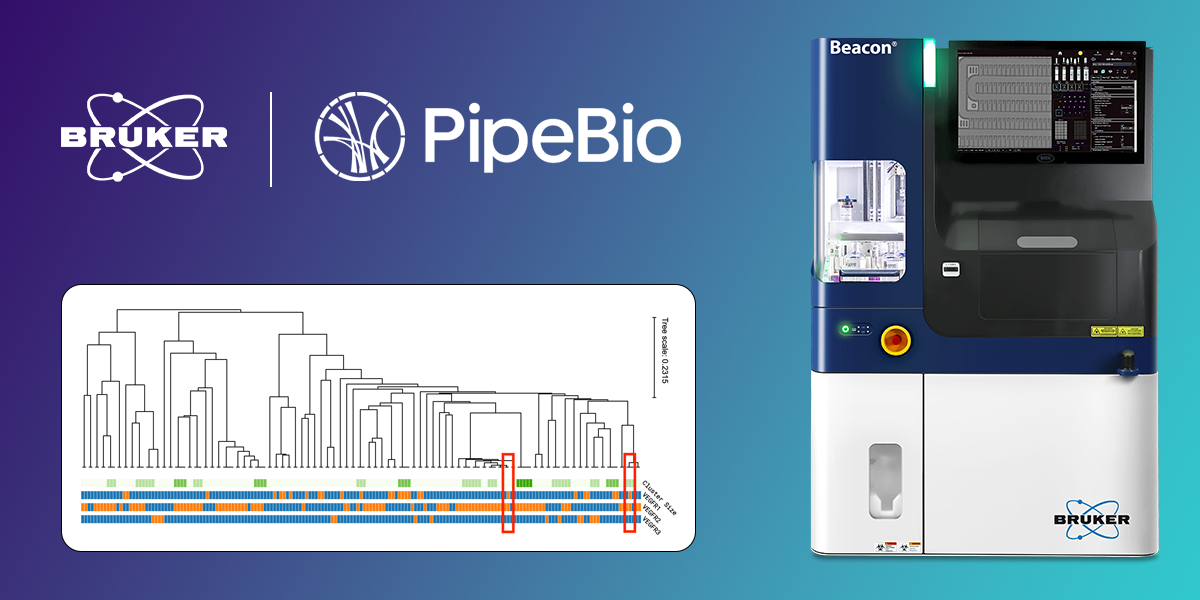
Navigating the field of antibody discovery requires a careful balance of innovative methodologies and advanced technologies. Traditional approaches often face limitations due to biases, or risk overlooking critical insights. To overcome these challenges, a recent study delved into harnessing the combined power of Bruker’s Beacon® system and PipeBio software for antigen-specific and cross-reactive antibody discovery. […]
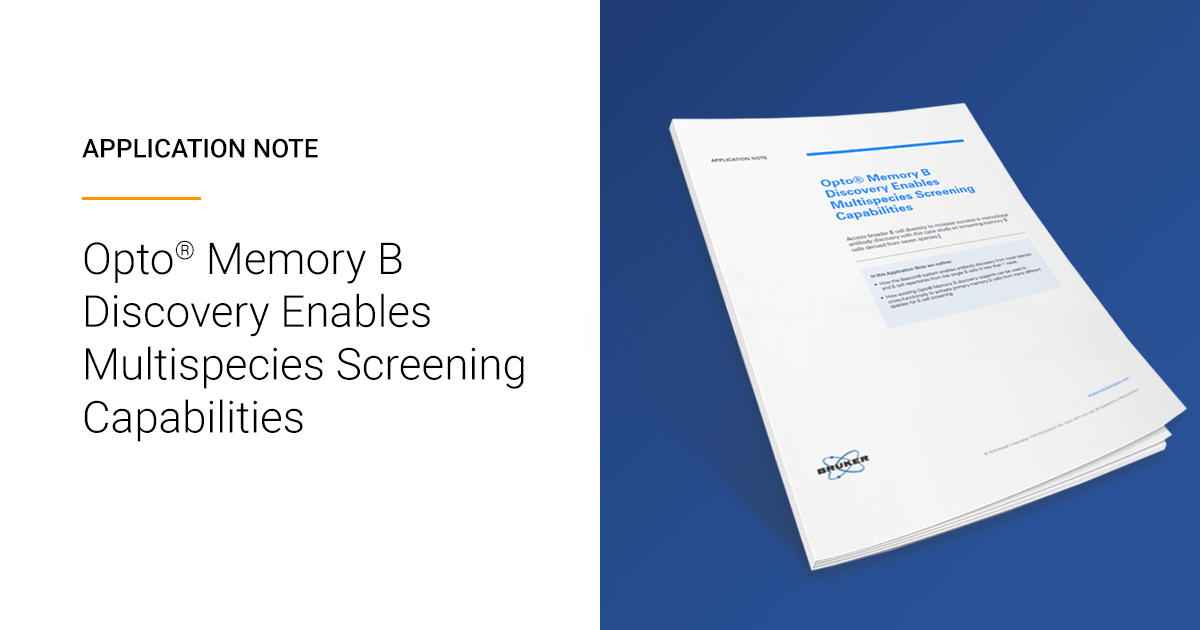
In the continually advancing field of biologics, it’s essential to search for new antibodies with distinct properties. The ability to screen primary B cells across diverse animal species broadens the diversity of recovered antibody sequences and increases the odds of finding the best antibody for any application across reagents, therapeutics, and basic health research. However, […]

SARS-CoV-2’s ability to evolve quickly creates ongoing challenges for vaccine development. The spike protein, critical for the virus’s cell infection, undergoes rapid mutations, making antibodies less effective against new strains. Traditional vaccines, with their lengthy development and testing timelines, struggle to predict these evolutionary changes accurately, leading to a constant struggle to keep pace with […]

In the rapidly changing landscape of antibody discovery, researchers encounter significant challenges that necessitate inventive solutions. In a new on-demand webinar, we explore these obstacles and share an advanced approach to remain at the forefront of cutting-edge research capabilities. Current Challenges in Antibody Discovery Expanding Target Complexity: Traditional targets like GPCR and ion channels are […]

The behavior of early-minted antibody-secreting cells (ASC) or plasmablasts post-infection or vaccination plays a pivotal role in the immune response. Traditionally, long-lived plasma cells (LLPC) from the bone marrow are regarded as non-dividing, while blood ASCs are thought to be proliferative. Traditional technologies that average bulk data or measure surface phenotype alone miss critical functional […]
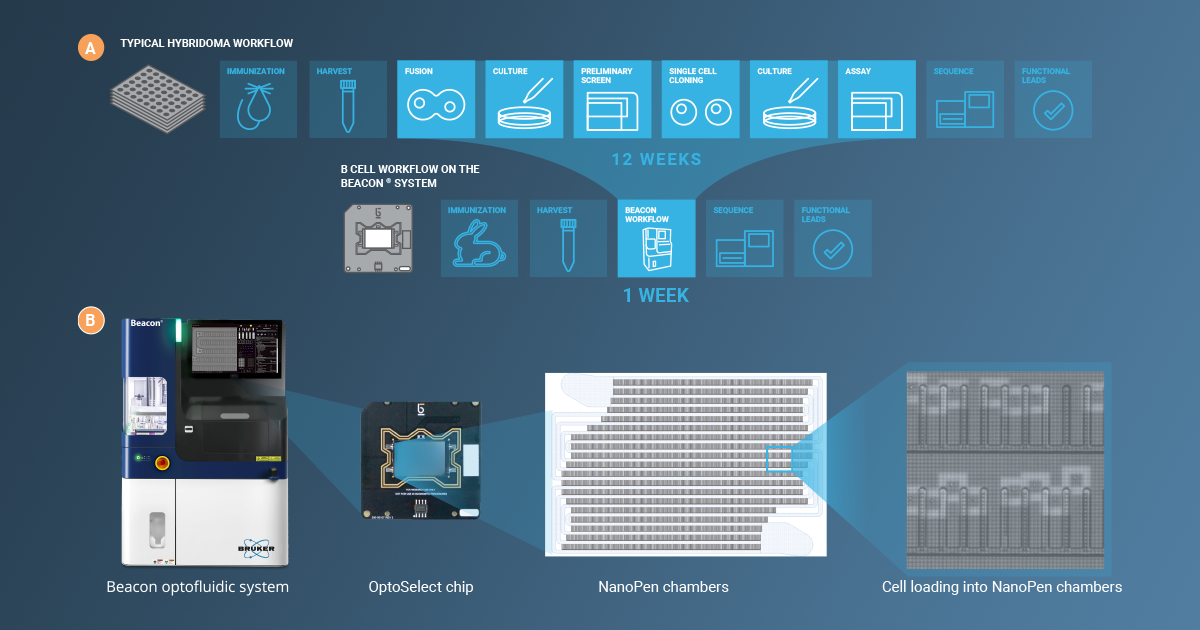
In antibody discovery, the screening of diverse antibody sequences is crucial to pinpoint the suitable antibodies for specific purposes. This challenge is particularly relevant in the context of rabbit antibodies, which are uniquely valuable reagents for basic research, diagnostics, and therapeutics development. Understanding Rabbit Antibodies Rabbits possess unique gene diversification strategies that result in antibodies […]

